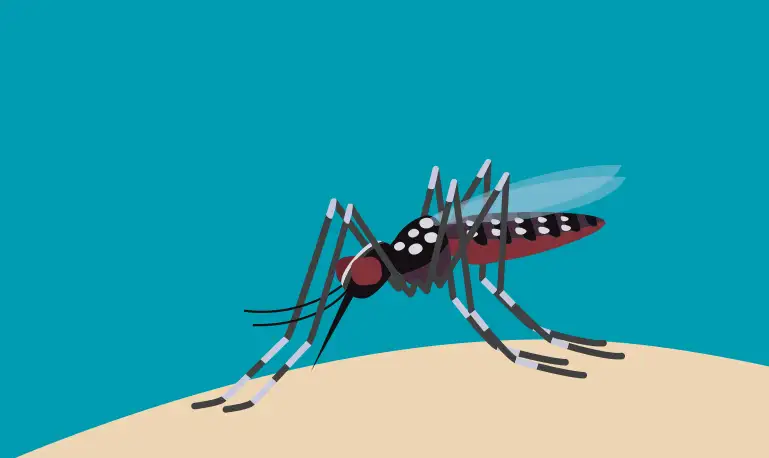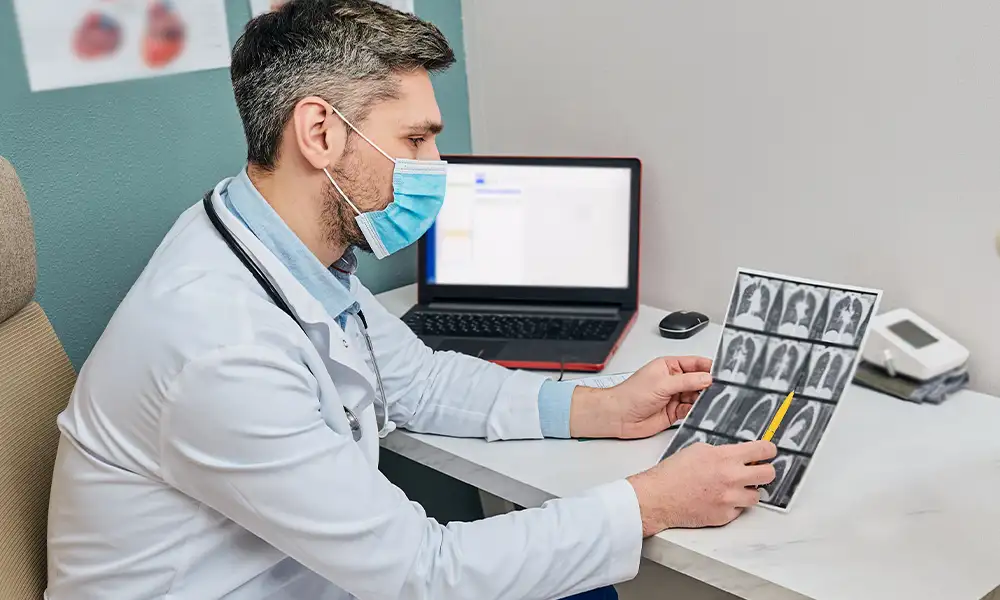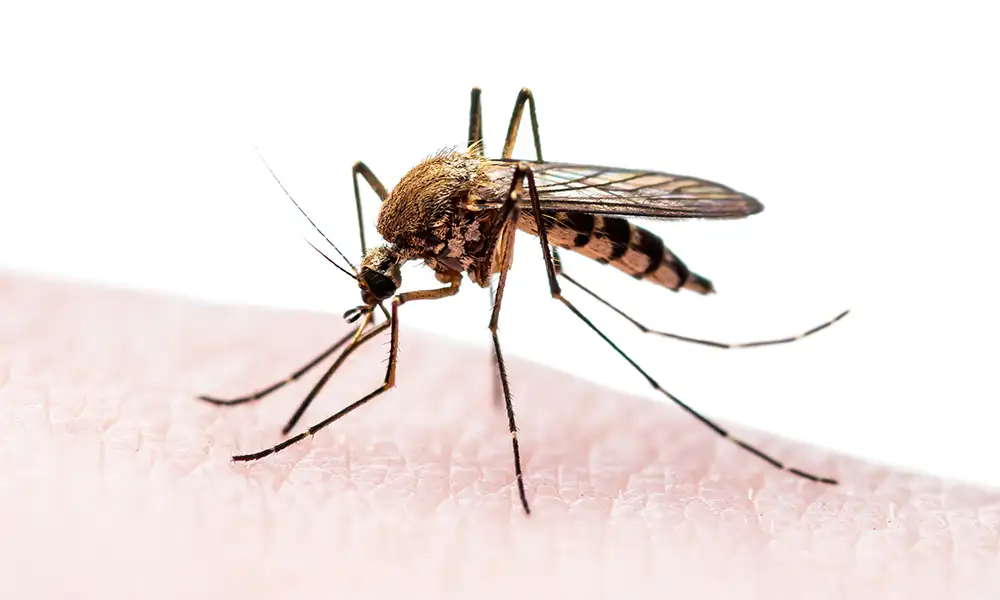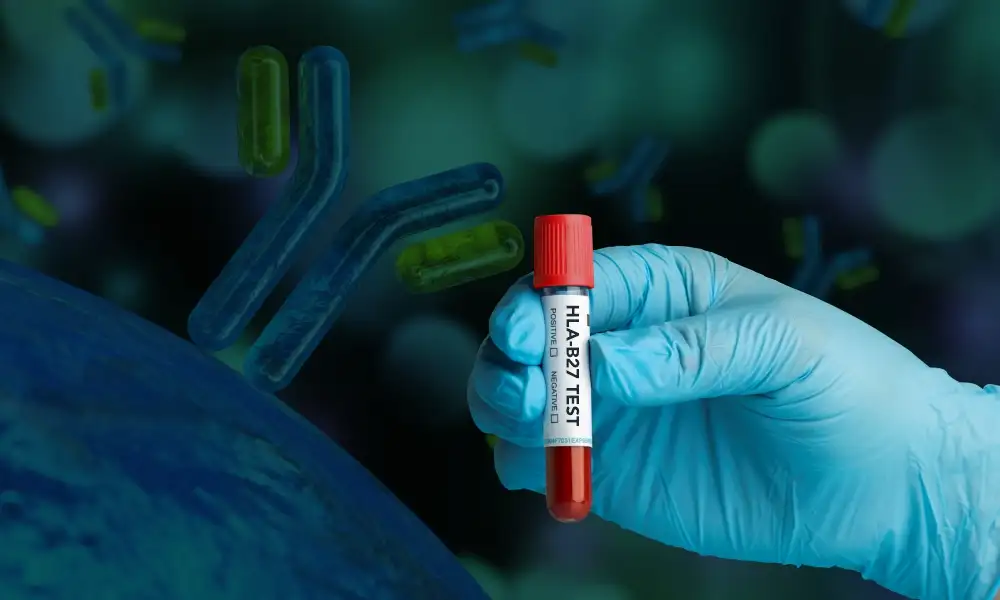Dengue Fever: What it is and How to Prevent It
- February 28,2021
- 4 Min Read

AN OVERVIEW:
Dengue is a viral infection transmitted by the female mosquito belonging to the Aedes aegypti species. The same species are also responsible for spreading other infections such as chikungunya, yellow fever and Zika viruses.
Geographically, dengue is widespread throughout the globe, with risk influenced by rainfall, temperature, relative humidity and unplanned rapid urbanization. In tropical regions like India where rainfall is a seasonal phenomenon, dengue fever is synonymous with the monsoon, being one of the common most monsoon fevers.
SIGNS AND SYMPTOMS:
Dengue is manifested usually as rise of temperature. Although fever could be serious, dengue is not very commonly fatal.
Dengue should be suspected when a high fever (40°C/104°F) is accompanied by any 2 of the following symptoms:
- severe headache
- pain behind the eyes
- muscle and joint pains
- nausea
- vomiting
- swollen glands rash
Severe dengue warning signs that suggest a severe dengue infection are as follows:
- severe abdominal pain
- persistent vomiting
- rapid breathing
- bleeding gums
- fatigue
- restlessness
- blood in vomit
Although dengue is not potentially fatal, a rise in temperature should be a sign to see your doctor especially during monsoon.
WHAT MEASURES CAN YOU TAKE TO PREVENT DENGUE:
Simple measures like prevention of mosquito breeding and use of mosquito repellents could serve the purpose.
Covering, emptying and cleaning of domestic water storage containers, applying appropriate insecticides to water storage outdoor containers and personal protection from mosquito bites.
Most importantly, early diagnosis is the key. Especially with monsoon fevers where fever could mean anything from malaria to dengue to chikungunya.
DIAGNOSTICS TESTS IN DENGUE ARE AS FOLLOWS:
A doctor may order one or more tests to diagnose dengue:
Dengue NS1 antigen for detection of specific protein found in dengue – this test should be done within the first 5-7 days of fever
Dengue antibodies (IgG/IgM) for detection of antibodies suggestive of a recent/ongoing or past infection of dengue and are usually positive after the first 5-7 days of fever.
Dengue by RT-PCR for early detection of dengue in the earliest possible time from appearance of symptoms.
Other blood tests are also done to monitor dengue fever like CBC, ESR, LFT, KFT etc.
Monsoon fevers are often a challenge to diagnose and treat.In such cases, PCR tests should be preferred for early diagnosis.FD-5 or Fever Detect 5 in 1 is a PCR based test which can detect 5 common monsoon fevers namely; Dengue, Chikungunya, Malaria, Leptospirosis and Typhoid with a single blood sample.
REFERENCES:
World Health Organisation
Want to book a test? Fill up the details & get a callback
Most Viewed
Premarital Health Screening
- 20 Min Read
Typhoid - Signs and Symptoms
- 3 Min Read
Home Isolation Guidelines - Covid-19 Care
- 5 Min Read
HLA B27 Detection: Flow Cytometry & PCR
- 1 Min Read













